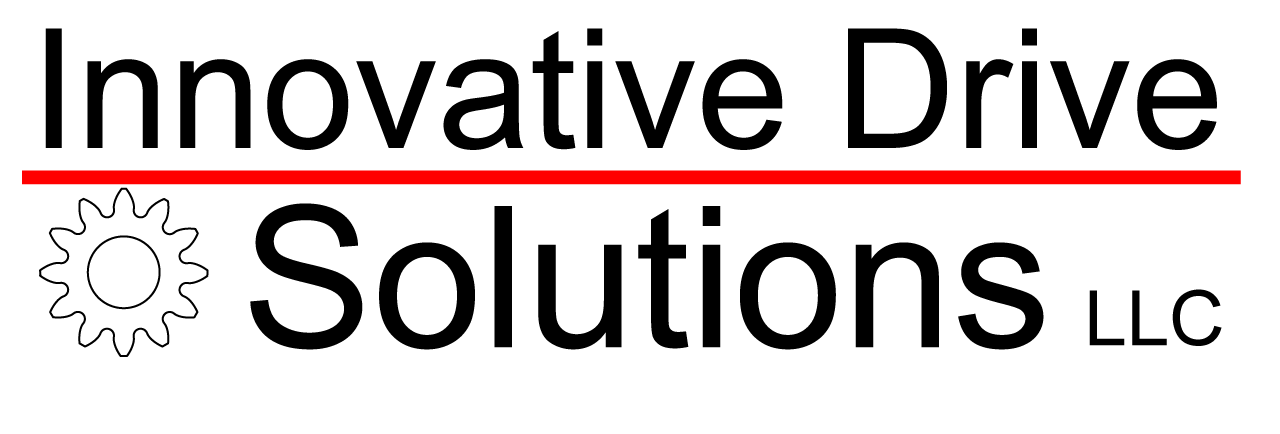Many have compared life to an orchestra where everyone’s contribution is essential. To make beautiful music together, it’s important to find out what instrument you are best suited for, play it to the best of your ability, and don’t try play a musical instrument you simply are not good at.
Be true to yourself. If you’re an oboe player, be an oboe player, but be the best one you can be. Don’t try to be a saxophone player as there are others who are better suited for it. Find out what instrument you are and play it – only it. We all were created to play a part and to play only our part.
For me, my contribution to the orchestra of life is to be an engineer, something I’ve known for a very long time.
When I was in junior high school, I loved to build plastic model kit cars. My grandmother recognized my bent for all things mechanical and encouraged my hobby by letting me keep the model cars at her house. My 20-plus model car collection resided safely on display in one of grandmother’s spare bedrooms. Had they been in my own bedroom across town, my older brother probably would have smashed them all with a hammer.
My grandmother saw something within me that I hadn’t yet recognized and she nurtured it. She knew I was not necessarily bound for a different career, but one as an engineer or in a related technical field. Perhaps I reminded her of her late husband, my grandfather, who was a mechanical engineer.
So, a lesson here is that even small acts of kindness, caring, generosity and encouragement can make a tremendous impact in a young person’s life. Fifty years later, I still remember hanging out with my model cars at grandma’s house and the significant impact her mentoring had on me.
Grandma knew I was not born to be an oboe player, but would be a darn good saxophone player, and eventually, an engineer.
Sometimes little things can help us to figure out what instrument we are in the orchestra of life, and it may and probably will take others to help us recognize this.
Once you find our niche - your instrument - resist those who say, you can’t do that, it will never work, or we tried that once before and it didn’t work. People kill ideas if we let them. Don’t let anyone kill your dreams and ideas, and don’t be a dream or idea killer yourself.
Don’t break someone’s spirit, whether that person is an employee, a child, or anyone else. Everyone is an expert at something and you are good at something. Don’t put people in a box and put artificial limits on them.
So, find your part in the symphony orchestra of life. Find your instrument, what you are best suited for, learn to perform it to the best of your abilities and encourage this in others. Accept what your instrument is and don’t despair that you would rather it be something else. Embrace it whatever it is and know everyone’s contribution to the beautiful music of life is needed. This is what you were created for.


